Blog
Press Release: May 30, 2012
Sierra Leone Liturgy Project by Rob Veith
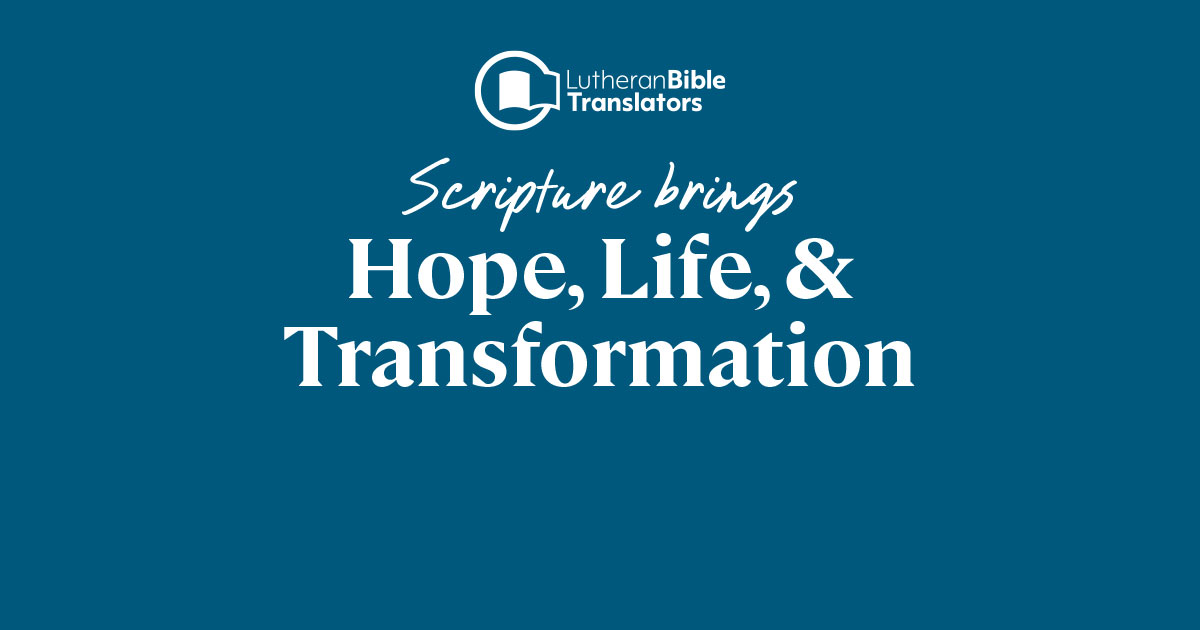
Within moment of arriving in Freetown, I relearned two significant things.
The first: all of Africa is not the same. While I’ve known this in my head all along, the reality of it didn’t confront me until the plane landed. The airport felt hot and humid. I hadn’t felt humidity in quite a while. Then a crowd of people rushed to ‘help’ me. Bags were grabbed; people insisted on carrying things for me (and charging me for it). Holding my luggage close, I ran for the exit, where I expected my driver to be waiting for me. Though he arrived only a few minutes later, he found me surrounded by 20 people selling me cell phones, taxi rides, security, money changing, and a bunch of things I am not aware of, simply because my ears overloaded and I went into a state of shock.
I spent my first day there marveling at how different this place was than my home in Maun. Freetown has half the population of Botswana crowded into a city sized for a third of that. Houses of three or four stories are built into the mountain, with shacks in the alleys between them. Botswana is sparse; Sierra Leone is dense. Botswana is flat; Sierra Leone is mountainous.
The second thing I relearned is that I have no idea what I’m doing. I’m not being humble. The principle purpose of this trip was to help the Lutheran Church develop music for the recently translated Krio liturgy. I can explain what I know about liturgy development and Krio music in general in one word: nothing. I soon found myself sitting in a room with people who were looking to me as an expert. How were we going to do this? Divide up the various parts of the liturgy and assign teams? What kind of music were we going to use? Contemporary? Krio folk music? While I have known in my head all along that what I do has a lot more to do with God at work and me being there when it happens, I suddenly felt this acutely.
The initial meeting with the team of five liturgy composers ended with me lead to speak with a faith I did not yet feel: we would follow whatever inspiration God gave. They would take the liturgy texts home and the Lord would inspire them with songs for the next day. I prayed this was true.
The next morning, two of the five participants brought ideas, but nothing complete. By the end of the first day, however, eight new songs had been created. Two versions of the Kyrie, three of the Lord’s Prayer, a pre-communion song, a post-communion song, and a gospel song. The composers started out working individually, but composed two songs together. One song used a traditional folk melody, while another adapted an existing liturgical song from the hymnal (“This one,” explained one of the composers, “everyone already knows and likes already.”) One song was composed after the day’s work officially ended. One composer, suddenly inspired, called everyone back to help her finish.
In the end, my faith statement was confirmed. I may not know what I’m doing a lot of the time, but I know better how much the Lord brings to the table when we put our faith in Him. Nine songs were composed. In addition to songs, we recorded all of the liturgy spoken, so that people who cannot read can still learn it by ear.
The singers premiered some of the songs at a church service. Then, the Krio liturgy saw its official premiere at the General Assembly in November.
The Evangelical Lutheran Church in Sierra Leone has posted the recordings on-line. Please visit their web site and listen to what God is doing in Sierra Leone.
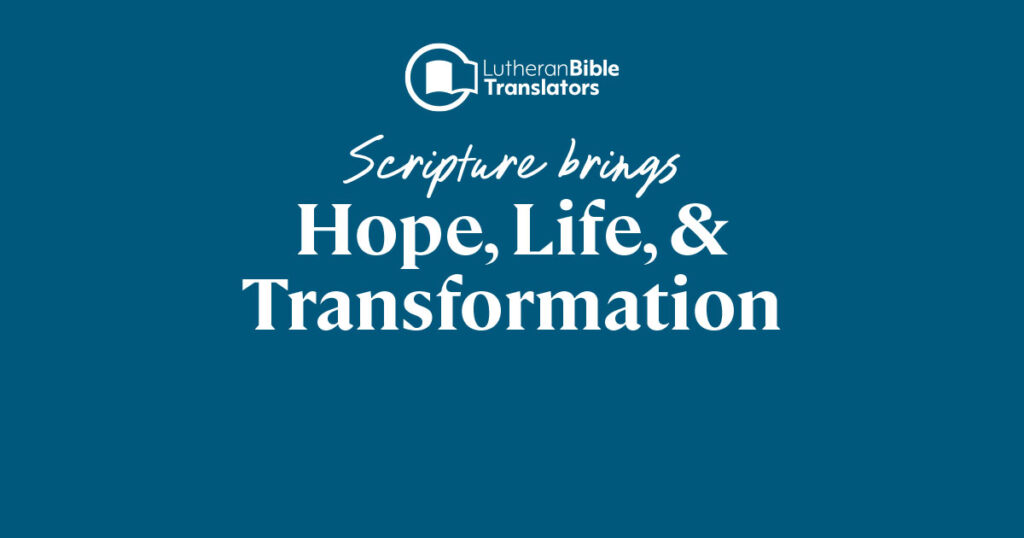

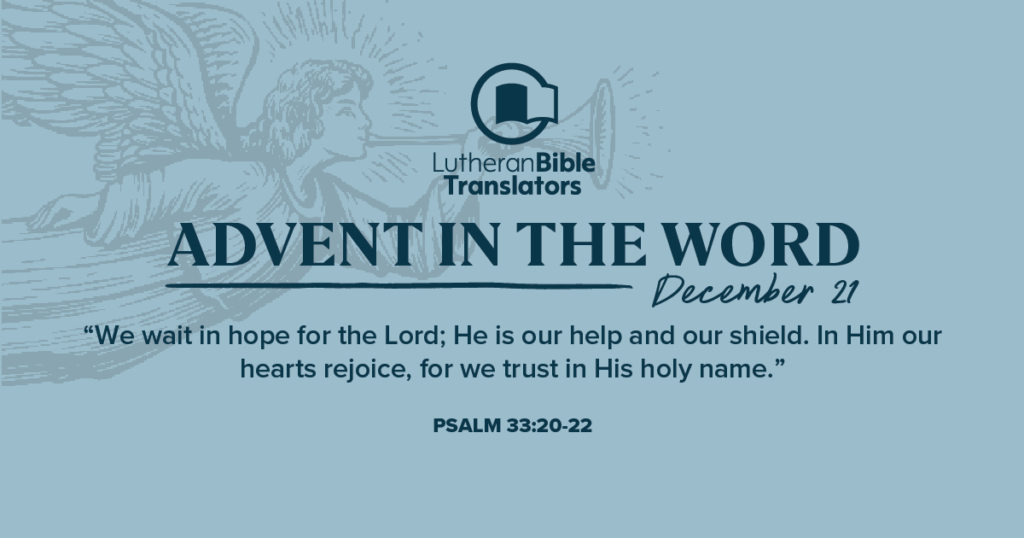
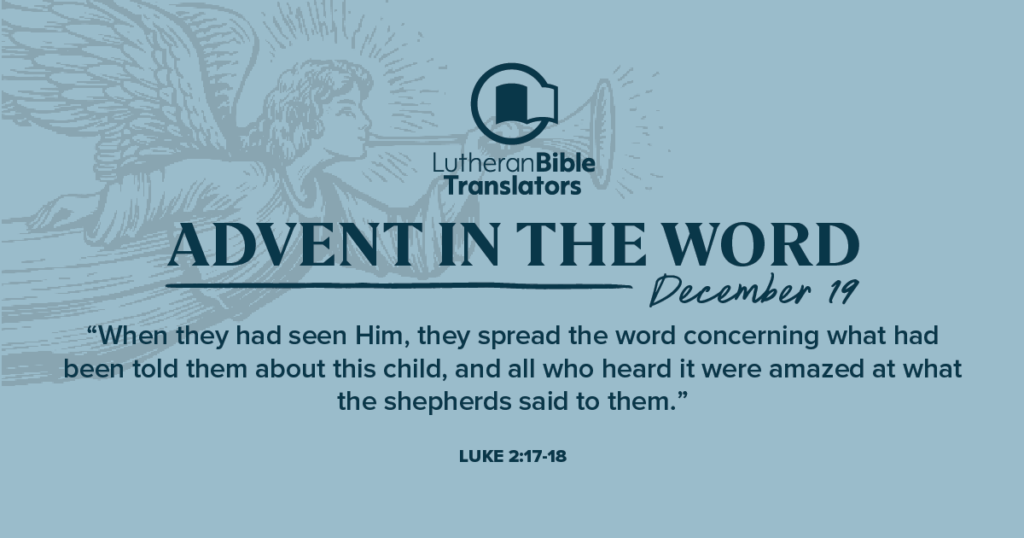
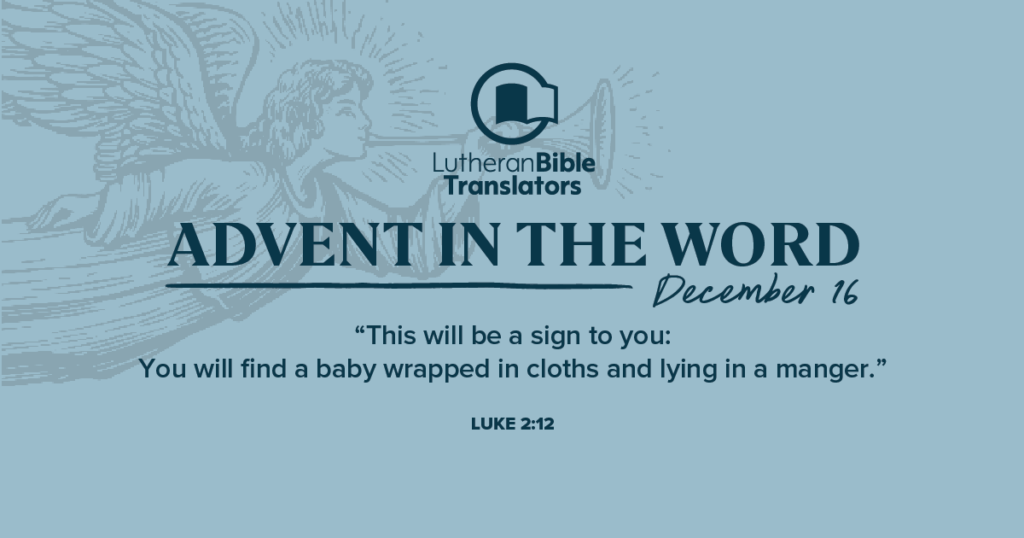
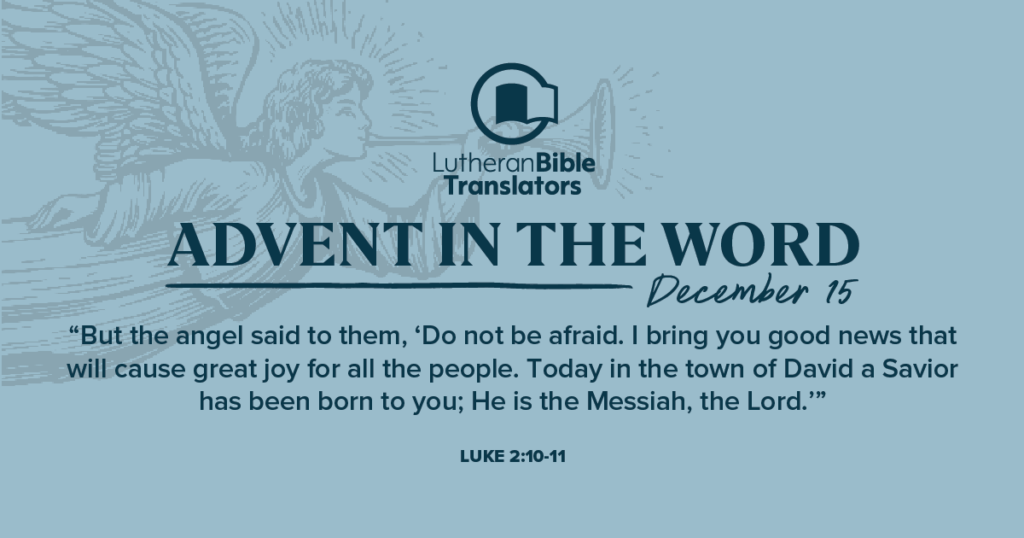
Leave a Reply
You must be logged in to post a comment.